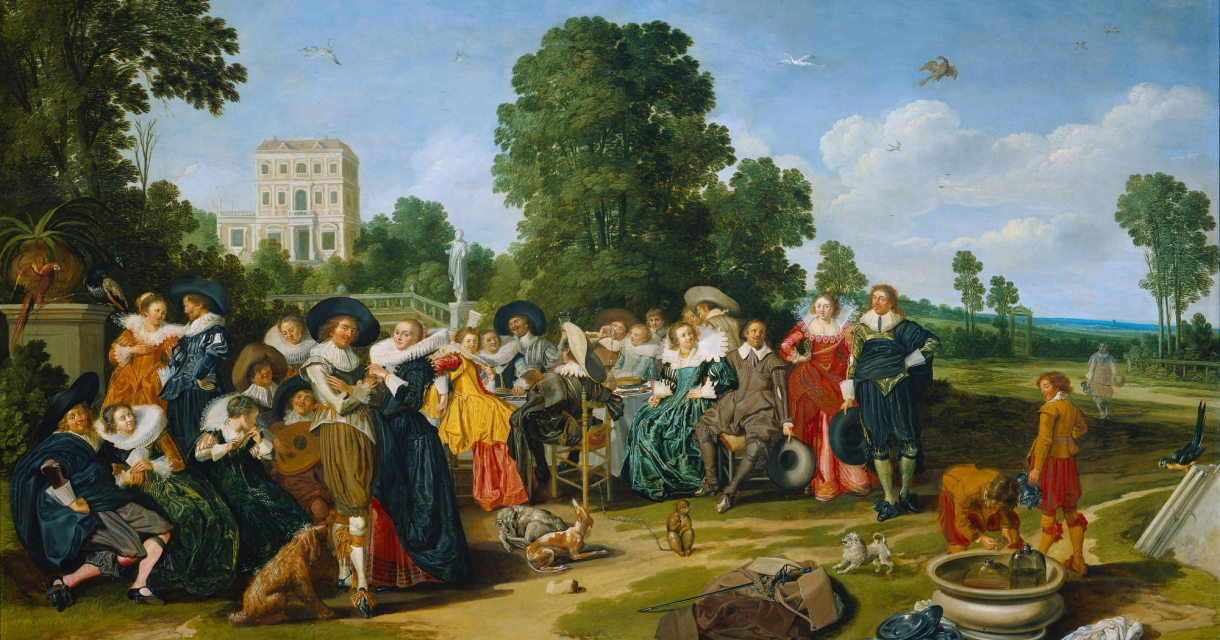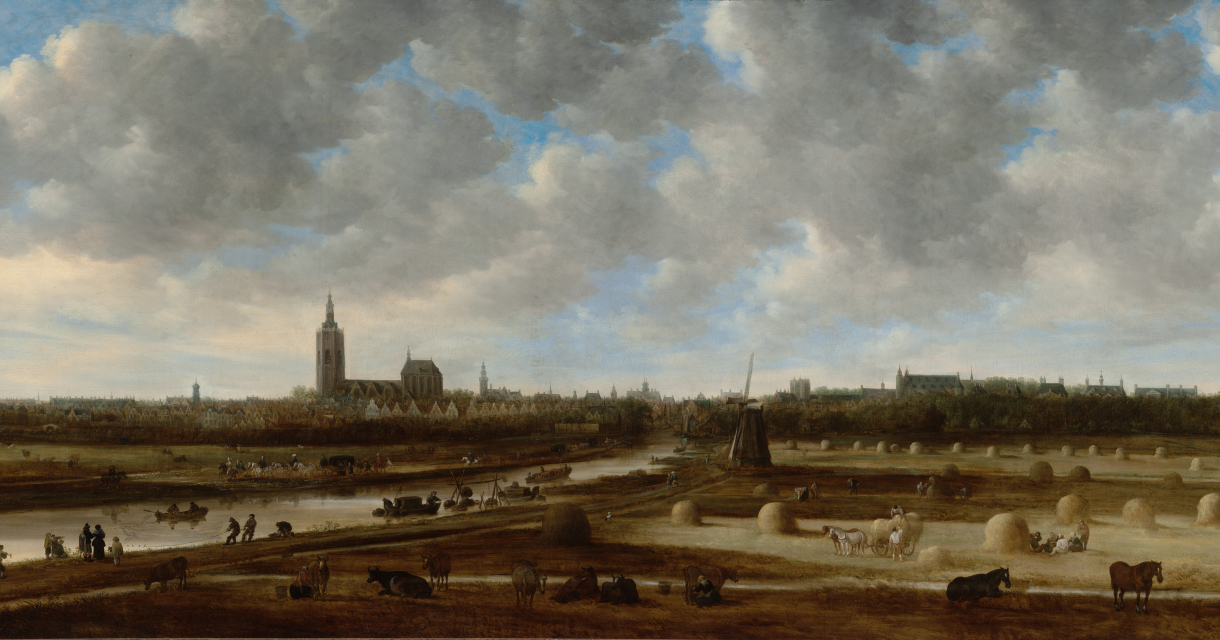Musica Antica - Dictes moy toutes voz pensées
Music
“Tell me all your thoughts, for I long to know them,” begins the sensual chanson Dictes moy toutes vos pensées by French composer Loyset Compère. This personal emotion contrasts with the grand spectacle of a public celebration of Mass in the 16th century. Yet it was precisely this intimate work that the famous Jean Mouton chose as the basis for one of his most refined masses. In this concert, you will hear how Mouton makes the tensions between private and public audible by contrasting delicate instrumental works with the liveliness of liturgical singing.
The six singers of Cappella Pratensis gather around a single large choir book and communicate the nuances of rhythm and phrasing through gestures and physical contact. We see a creative and flexible approach to a performance practice deeply rooted in historical tradition. This notation requires the performers to make real-time decisions about matters such as text placement and unnotated accidentals while singing. The singers are accompanied by musicians from Ramillete de Tonos.
Since 2019, Musica Antica has been organising annual laboratory projects. These enable exceptionally talented musicians to immerse themselves in a specialist subject and present it at a concert. And tonight is the night! This concert project builds on a collaboration with the Alamire Foundation, which researches cultural exchange between Western and Eastern Europe during the Renaissance. The performance of this mass, which appears in sources both in the Netherlands ('s-Hertogenbosch) and in a newly digitised source from the Czech Republic (Brno), serves as an example of European cultural exchange, both past and present.
A symposium will be held at the Royal Conservatoire on 12 and 13 December to discuss aspects of this exchange.
Performers
Cappella Pratensis in Ramillete de tonos conducted by Tim Braithwaite
Programm
Loyset Compère - Dictes moy toutes voz pensées
Jean Mouton - Missa Dictes moy toutes voz pensées
Instrumental works by Miguel de Fuenllana, Enríquez de Valderrábano



